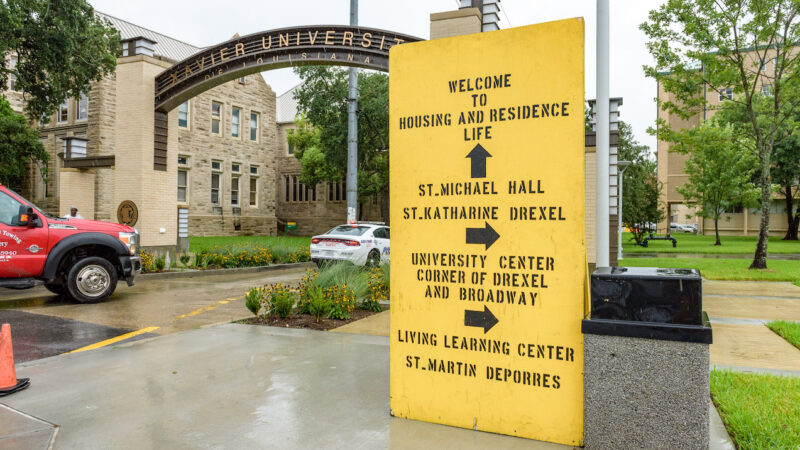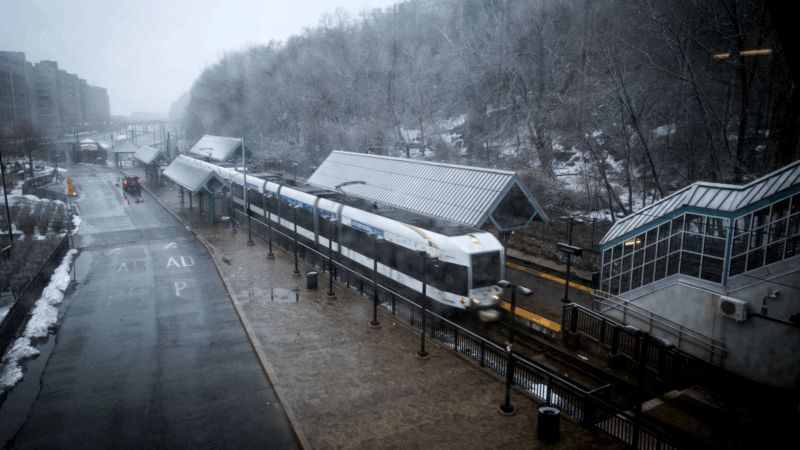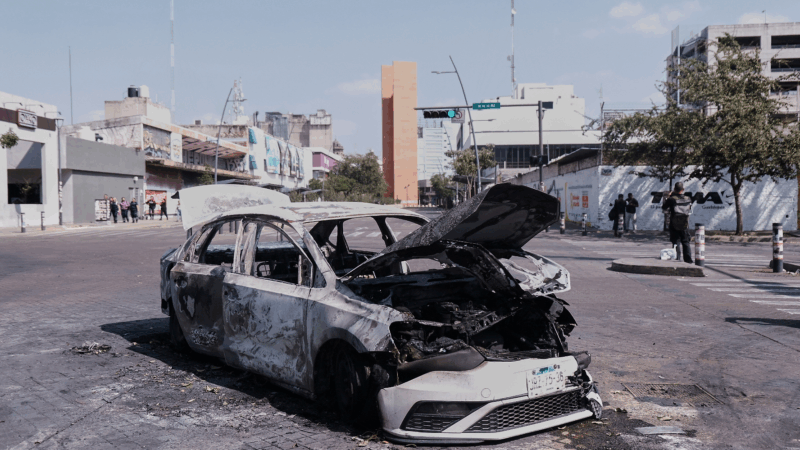After bomb threats, Southern HBCU leaders discuss how to move forward: ‘We can’t cave’
An entrance to Xavier University of Louisiana in New Orleans is seen in this 2016 stock image. Xavier was one of more than a dozen historically black colleges and universities that were targeted in a swath of bomb threats at the beginning of February.
Leaders of historically Black colleges and universities in the South agreed during a virtual roundtable led by the Southern Poverty Law Center Tuesday that recent bomb threats on their campuses were deliberate attempts to disrupt studies and scare students and faculty .
The purpose of the webinar, titled ‘America’s HBCUs Under the Threat of Attack,’ was for university leaders to discuss the wave of threats made to more than a dozen HBCUs at the beginning of February and share their insights on how to move forward.
SPLC Chief of Staff and Culture Lecia Brooks was joined by a group of HBCU leaders from across the southern U.S. including, A. Zachary Faison, president of Edward Waters University in Jacksonville, Florida, Felecia M. Nave, president of Alcorn State University in Lorman, Mississippi, Walter M. Kimbrough, president of Dillard University in New Orleans, Louisiana, and Anne McCall, provost of Xavier University, also in New Orleans. Michelle Asha Cooper, deputy assistant secretary for higher education programs at the U.S. Department of Education, also joined the discussion.
Alcorn State was one of six schools in Mississippi to receive threats. Jackson State University, Rust College, Tougaloo College, Hinds Community College and Mississippi Valley State University were also threatened.
Dillard University did not receive a threat, but remained on alert and was able to provide support to nearby schools that were threatened — Xavier University and Southern University in Baton Rouge. The leaders on the call thanked each other for their support in the days after the bomb threats.
Cooper said the threats were, “likely attempt[s] to exploit tensions among some factions of our society,” and that the Department of Education is working with the Department of Homeland Security, the Department of Justice and the Federal Bureau of Investigations to hold the people responsible for the threats accountable.
As news surfaced that the threats were allegedly carried out by six juveniles — one of whom appears to be connected to hate group Atomwaffen Division — Faison drew a connection between the efforts by state legislators across the South to ban critical race theory in schools and the attempts by the youths to terrorize majority Black spaces.
“When I thought about young people, I’m thinking about people that don’t really understand or appreciate the historicity as it pertains to African Americans in this country, particularly historically Black colleges and universities,” he said. “ It’s ironic that we are having that discussion in proximity to this heinous act. This is rooted in many respects out of ignorance that our young people are not being exposed to the history and truth when it comes to matters of race.”
McCall called the threats “terrorism” and “disorienting to students to be threatened in their center.” She and Nave said that although they would not like to see public outrage soften because the suspects are juveniles, they also recognize the need for mental health care for the alleged threat-makers.
“They’re in a very critical point in their development. Their frontal lobes are not fully developed,” Nave said. “I would hope that those children are provided with the necessary resources to help change and cultivate a more positive place of understanding.”
Kimbrough emphasized the need for students and faculty of HBCUs to resist the urge to be subdued by threats of violence and instead resist as young civil rights era leaders like John Lewis, who he mentioned by name, had.
“We need to have safety and security when we understand civil rights,” Kimbrough said. “Sometimes part of leaning into who we are is actively leaning into that situation, not showing fear, but confronting it directly.”
Moving forward, the panelists said they believe recruitment and attendance at the schools will not suffer as a result of the threats. McCall said the schools’ strong response to the threats, their strong enrollment plans and the dedication of their students to prevent any dissuasion.
Kimbrough pointed to the handling of past bomb threats as well as other challenges, like hurricanes, these schools deal with on a regular basis.
“I think some of this will subside after a while, once there are some arrests and people see that are going to be held accountable to that,” Kimbrough said. “We can’t cave to those kinds of things because if we do, they win.”
This story was produced by the Gulf States Newsroom, a collaboration among Mississippi Public Broadcasting, WBHM in Alabama and WWNO and WRKF in Louisiana and NPR.
Newly discovered dinosaur species was a fish-eater with a huge horn
The semi-aquatic dinosaur, Spinosaurus mirabilis, was discovered by an international team of scientists working in Niger.
Reporters’ notebook: The Olympics closing ceremony is way more fun than you’d think
Olympics opening ceremonies tend to get more love than their closing counterparts. But a pair of NPR reporters who watched both in Italy left with a newfound appreciation for the latter.
Northeast readies for a major winter storm, with blizzard warnings in effect
New Jersey through Massachusetts could see 2 feet of snow. New York City's mayor said the city had not "seen a storm like this in a decade."
Mexican army kills leader of Jalisco New Generation Cartel, official says
The Mexican army killed the leader of the powerful Jalisco New Generation Cartel, Nemesio Rubén Oseguera Cervantes, "El Mencho," in an operation Sunday, a federal official said.
Ukraine’s combat amputees cling to hope as a weapon of war
Along with a growing number of war-wounded amputees, Mykhailo Varvarych and Iryna Botvynska are navigating an altered destiny after Varvarych lost both his legs during the Russian invasion.
University students hold new protests in Iran around memorials for those killed
Iran's state news agency said students protested at five universities in the capital, Tehran, and one in the city of Mashhad on Sunday.







